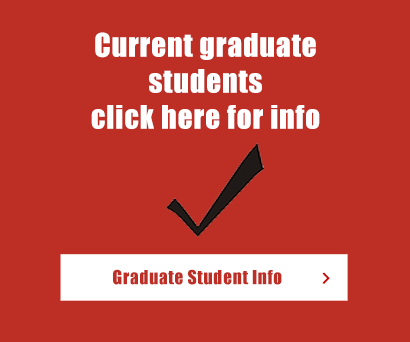Moving to further deepen its robust research scene by attracting more global scholars, Brock University is increasing international doctoral fellowships to match the tuition costs for international students who are enrolled in a PhD program.
The announcement comes just weeks after Brock said it will freeze tuition for international students in research-based master’s and PhD programs. The new initiatives take effect May 1.
Officials say the moves are part of a strategy to broaden the scope of world-class research at Brock while creating an enriched campus experience that better prepares all students to succeed in a global career landscape.
Jamie Mandigo, Brock’s Vice-Provost for Enrolment Management and International, said a large proportion of overseas doctoral students are attracted by the options they have to advance their careers with world-renowned researchers and in state-of-the-art facilities such as Brock’s Cairns Family Health and Bioscience Research Complex.
“Bringing the next generation of researchers onto our campus to pursue their doctoral studies not only reflects our ongoing commitment to cutting-edge research, but also to the scientific pursuit of ideas and knowledge that crisscross international boundaries and borders.”
Brock currently has 27 international students enrolled in doctoral studies and would like to see this number increase in all Faculties that offer PhD programs.
Read the full story here







